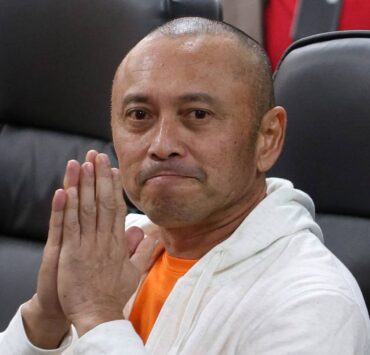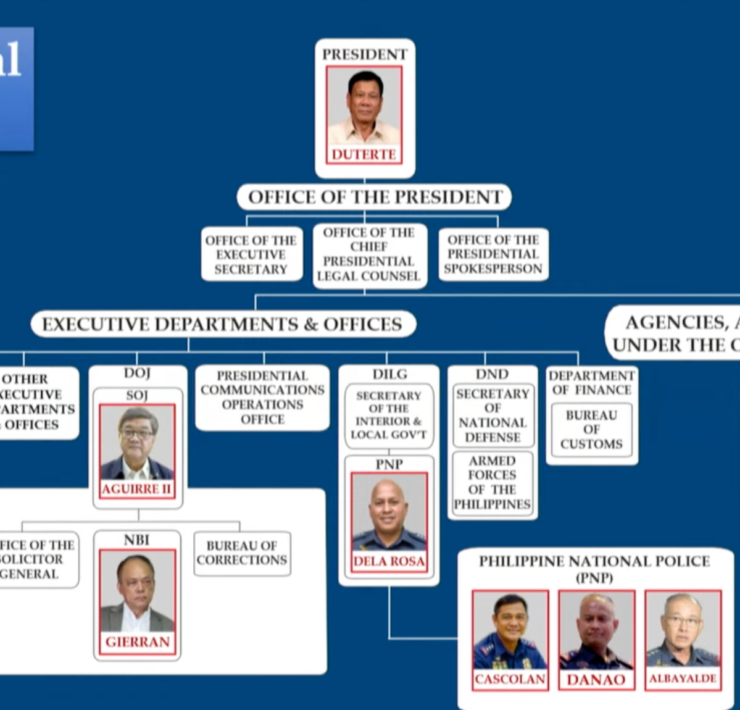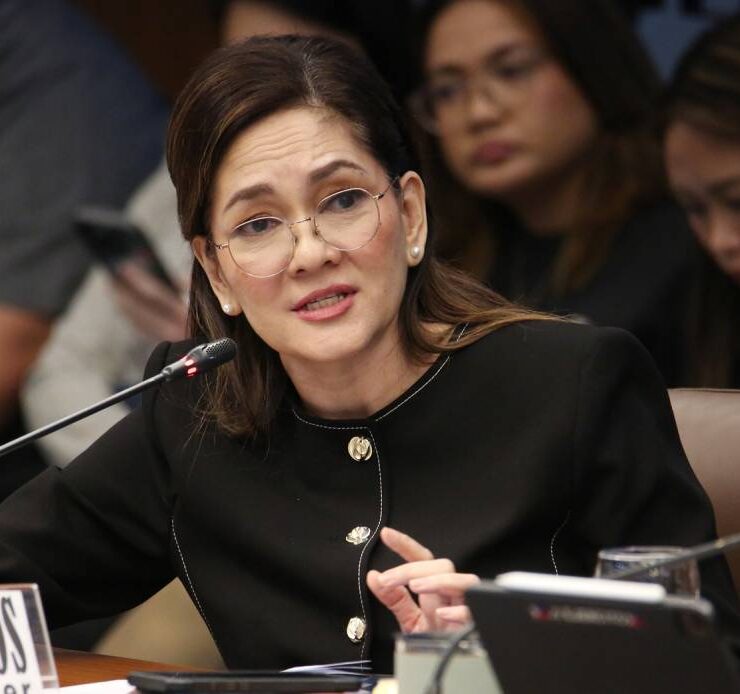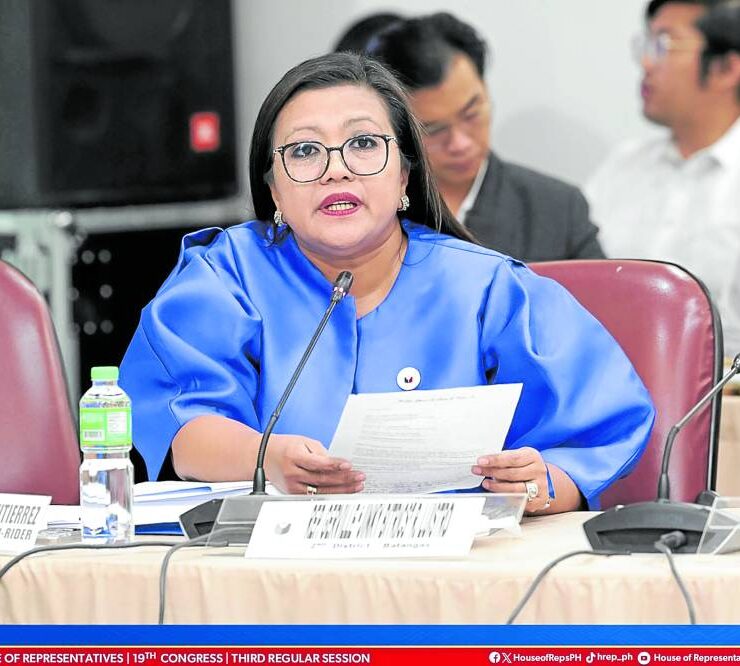JPE has advice for senator-judges
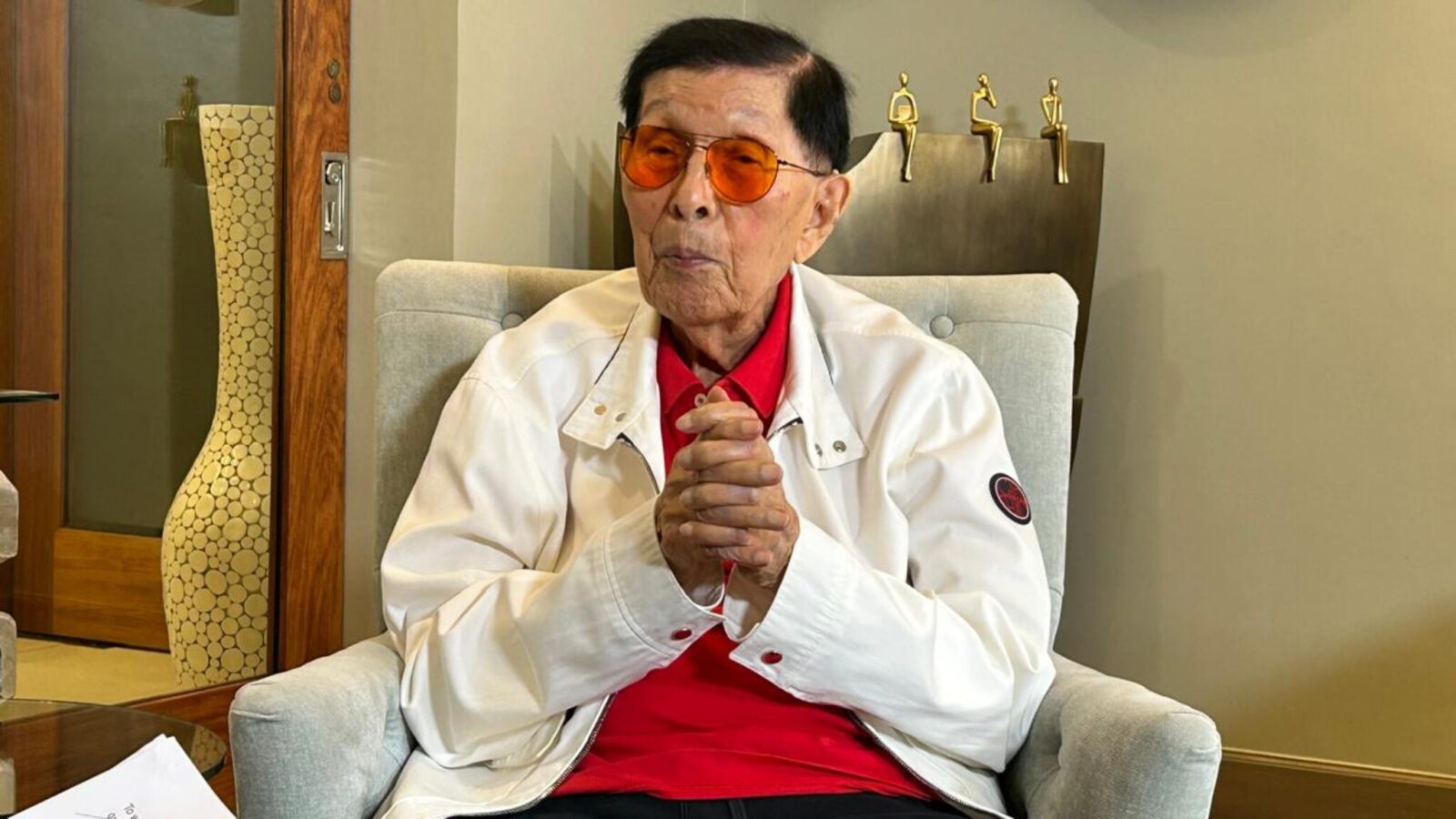
A veteran of two impeachment trials, former Senate President Juan Ponce Enrile has a piece of advice for senator-judges once the trial of Vice President Sara Duterte goes into full swing: No talk, no mistake.
“With due respect to them, my first advice is to keep quiet, and then go to the session hall during their trial, sit down and listen to the proceeding, listen to the presentation of evidence,” Enrile, the chief presidential legal counsel, said in an exclusive interview with Inquirer.net.
“The first lawyer and the prosecution may tangle with each other, but never interfere unless you want to ask a clarificatory question to understand the meaning of the evidence that is being presented,” he added.
Amid criticisms of the Senate’s handling of the case against Duterte, the 101-year-old former senator pointed out a possible misapprehension of the 1987 Constitution by the chamber’s leadership.
“I think there is some misunderstanding along the way, I do not know why […] Once an impeachment is filed with the Senate, we have no other choice except to hear, to try, and decide it,” Enrile said.
“And once it is within the jurisdiction of the Senate, it has to discharge its duty to judge the case. It’s sui generis (one of its kind),” he noted.
“I do not know whether they changed the rule,” Enrile said, adding: The Constitution is very clear, that you must forthwith try and decide—of course when you say try, you must hear the evidence and then decide whether to acquit or convict.”
Under Article XI, Section 3 of the Constitution, a verified impeachment complaint approved by at least one-third of all members of the House of Representatives shall constitute the articles of impeachment, upon the filing of which “trial by the Senate shall forthwith proceed.”
On Feb. 5, the last session day of Congress before the midterm elections in May, a total of 215 out of 306 House members signed a verified complaint against Duterte, satisfying the constitutional requirement.
But the Senate adjourned its session on the same day without taking up the impeachment articles.
It was months later, on June 10, when the Senate finally convened as an impeachment court, only for the chamber to vote 18-5 to return the articles of impeachment to the House to correct what the senators described as “constitutional infirmities.”
Reacting to the developments, Enrile said what the Senate did under the leadership of Sen. Francis “Chiz” Escudero was unheard of.
“We never had the experience or precedent like what they have done now to return the impeachment complaints to the impeaching authority which is the House of Representatives,” he said.
Based on the actions of Duterte’s allies in the chamber, it appears that the Vice President wishes to avoid a full-blown trial, according to Enrile.
“Well, frankly, I think there is a semblance—this is my opinion—that Sara does not want to face an impeachment trial. That is my opinion,” said Enrile, who presided over the impeachment trial of former Chief Justice Renato Corona in 2012 and sat as a senator-judge during the trial of former President Joseph Estrada from 2000 to 2001.
“I’m sure the Filipino people who have a little understanding of these things will wonder why things are happening this way,” he said.
“I’m sorry to say this, but even I was a little bit taken [aback] by the events that transpired. It was very evident that there is a desire to prevent the trial from going through,” he added.
Among other allegations, Duterte, the eldest daughter of former President Rodrigo Duterte, stands accused of misusing her confidential funds and of threatening to have President Marcos, his wife Liza Araneta-Marcos, and cousin, Speaker Martin Romualdez, assassinated.














